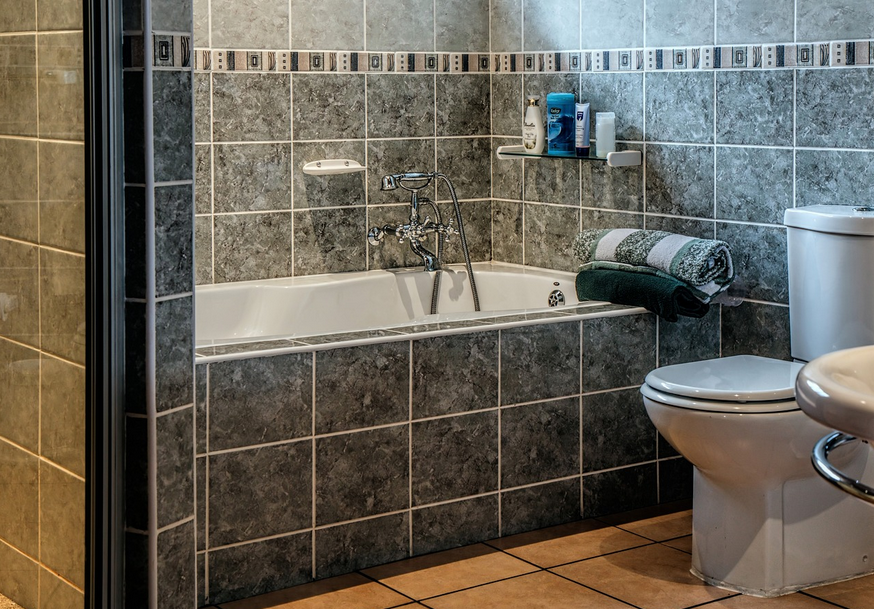
Whether you’re a homeowner or a business owner, understanding your septic system is crucial for optimal performance. A well-functioning septic system protects the environment and ensures your property remains safe and healthy. The problem is most homeowners don’t know what to put in septic tank to break down solids. This article provides key factors to remember when understanding your septic system and how best to care for it.
Maintenance for Optimal Performance
Your septic system is a complex underground system that treats and disposes of your household wastewater. For it to function properly, it needs to be maintained regularly. Here are some key factors to keep in mind for optimal performance:
Inspect and Pump Your Tank Regularly: You should have your septic tank inspected by a professional every 3-5 years and pumped out every 3-5 years. It will help prevent solid waste from building up and clogging your system.
Use Water Wisely: Be mindful of how much water you use daily. Too much water can overwhelm your septic system and lead to problems. Limit water usage as much as possible, especially during rainy periods.
These two methods offer the best way to ensure your septic system functions optimally. If you have questions about maintaining your system, contact a professional for more guidance.
Diagnosing Common Septic System Problems

There are a few key things to keep in mind when it comes to diagnosing common septic system problems. For instance, it is important to understand that septic systems are designed to treat and dispose of household wastewater. This means any issues with your septic system are likely due to something flushed down the drain or poured down the sink. If you believe there is something wrong with your septic system, the best course of action is always to contact a professional contractor who specializes in
Cost of Repair or Replacement for Septic Systems
While the initial cost of installing a septic system can be expensive, they are designed to last for many years with proper maintenance. However, a number of factors can affect the lifespan of a septic system, including the type and size of the system, the soil conditions, the amount of water used, and whether or not there are trees or other vegetation near the leach field. If repairs are needed, the cost will depend on the extent of the damage and what parts need to be replaced. Replacing the entire system may be more cost-effective. The good news is that several financing options are available to help with the cost of repair or replacement.
Taking care of a septic system is essential for optimal performance and health. Understanding the key factors that affect the functioning of your system, such as tank size, regular maintenance, and proper use of water, can help you ensure that it functions properly. If you have any questions or need more information about how to keep your septic system in top shape, don’t hesitate to contact an experienced professional who will be able to provide advice tailored to your specific situation.
